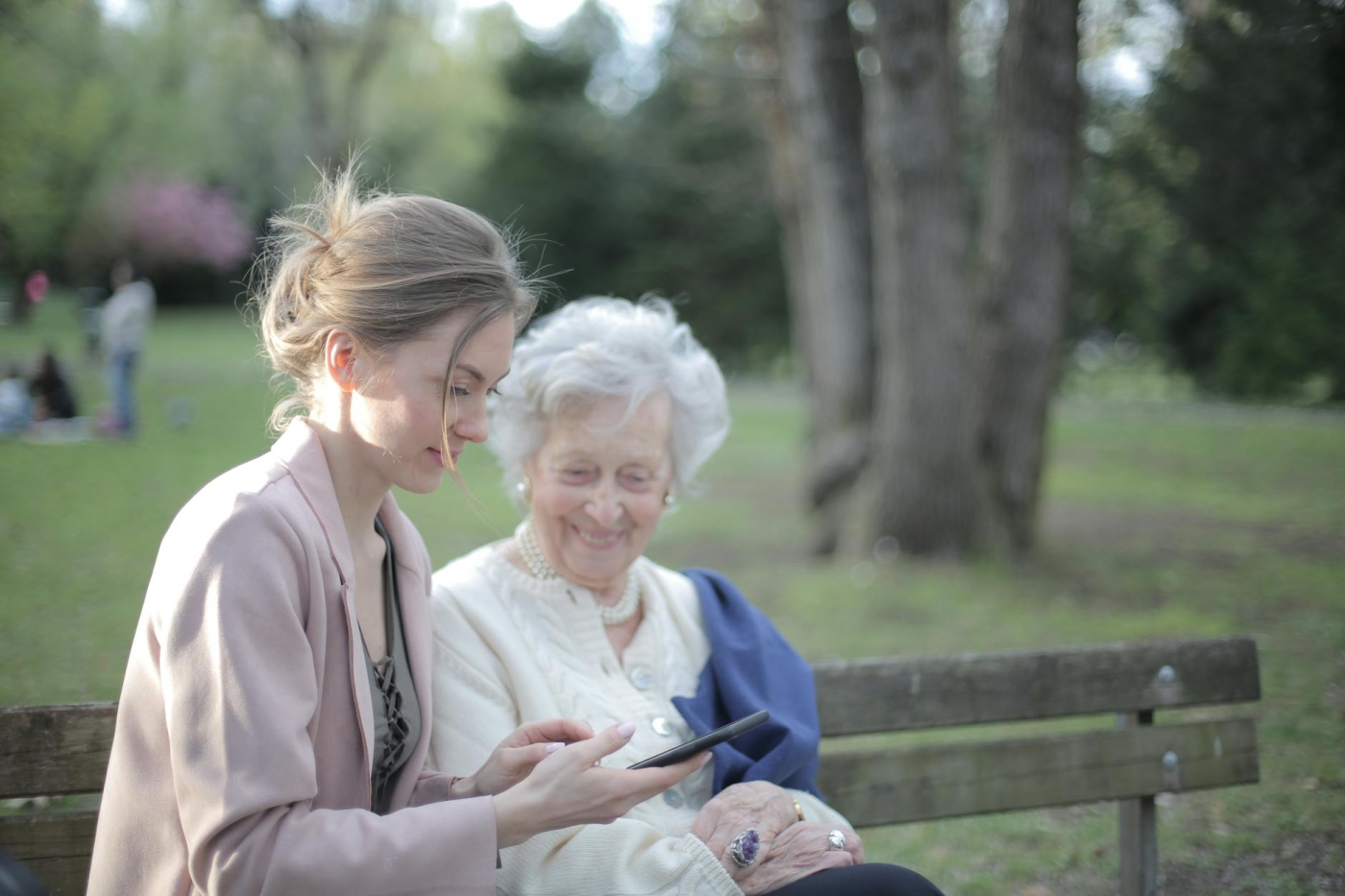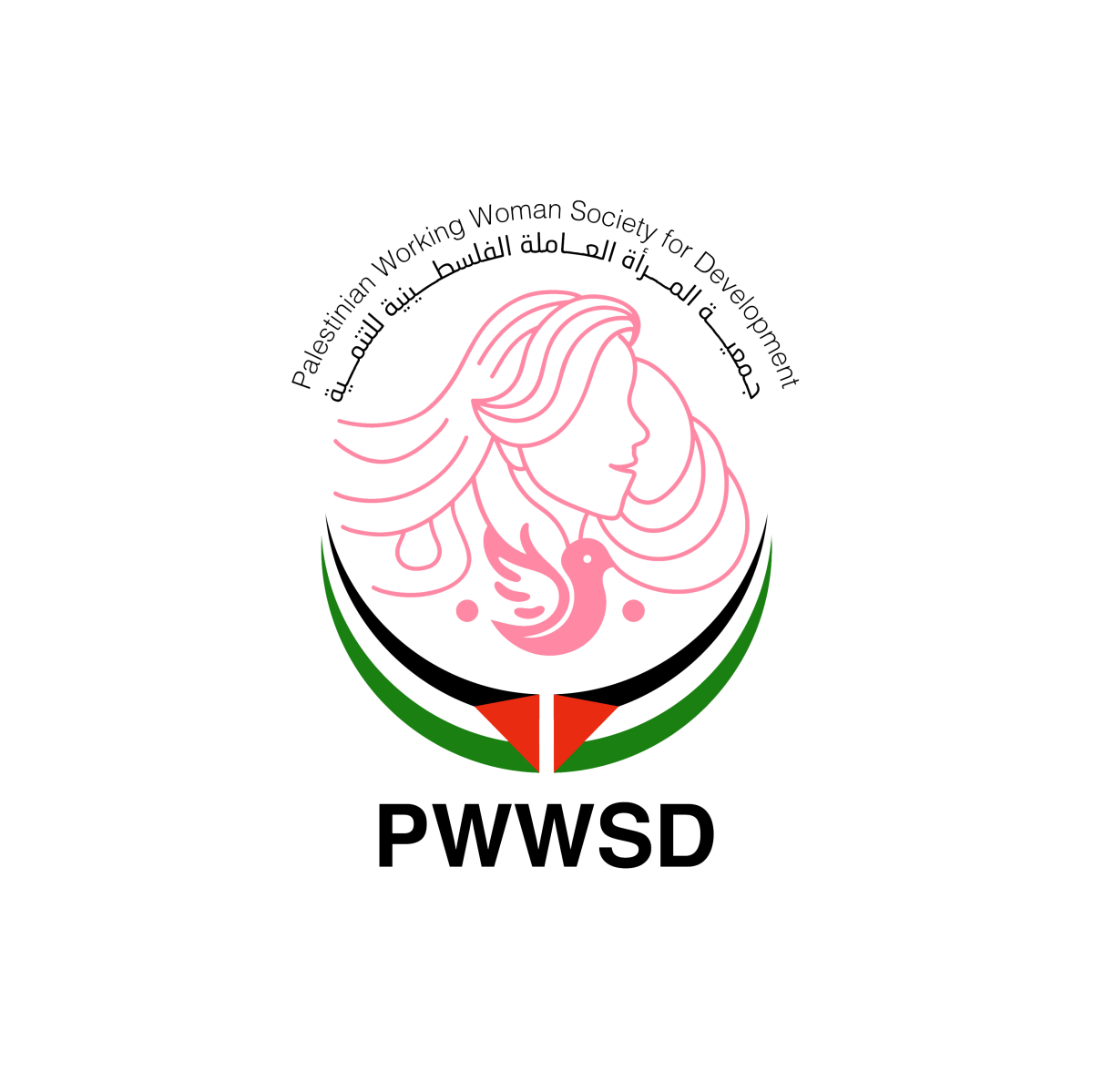PWWSD Welcomes Cabinet Recommendations on GBV and Calls for the Immediate Enactment of the “Family Protection Bill”

Ramallah - 6.5.2020: The Palestinian Working Woman Society for Development (PWWSD) welcomes the cabinet decisions relating to the protection of Palestinian women from Gender-Based Violence (GBV). These resulting recommendations will help provide Palestinian women with safety and security in light of the COVID-19 pandemic and the extension of the state of emergency. PWWSD stresses that these decisions were only made possible by the advocacy and lobbying efforts of feminist institutions that work tirelessly to provide counseling and protection services for women victims of violence and to combat all forms of discrimination against women and girls. Furthermore, these efforts were made in coordination with the Minister of Women and the Ministry of Social Development in order to develop protection measures for GBV victims.
Emphasizing the importance of these recommendations, General Director of PWWSD Amal Khreisheh said that "The structures and procedures for protecting GBV victims were weak even before the Covid-19 pandemic. The emergency and quarantine measures have exacerbated those weaknesses and left women more vulnerable than ever, even obstructing the transfer of women to safe houses". Khreisheh added that "PWWSD have faced difficulties in the process of transferring cases to the Family Protection Unit of the Palestinian police. This is crucial in saving the lives of women across twelve governorates who through a hotline sought help from PWWSD’s psychosocial support desk”. Because of these difficulties, Khreisheh also stressed the need to develop the National Referral System (NRS) to include procedures related to emergencies, regardless of their cause. Furthermore, she welcomed the cabinet’s response to the demands of the Women’s Emergency Committee, formed by the Minister of Women, Ms. Amal Hamad, with representatives of feminist organisations and women’s governmental institutions.
This committee has worked at coordinating various efforts and producing a unified approach for the protection of women’s rights during the pandemic, and also to monitor women's needs and human security. Khreisheh also stressed the importance of passing the Family Protection Bill, and working to enact laws on personal status and penalties that eliminate discrimination against women in accordance with the obligations of both the CEDAW convention and the Palestinian Declaration of Independence. This is especially imperative as there has been an increase in violence against women in the months of March and April as shown by the numbers of women accessing hotlines.
The set of recommendations as approved by the Palestinian cabinet and put forth by the Ministry of Social Development are:
1- A complete obligation on all governmental and non-governmental institutions to follow approved transfer procedures under the COVID-19 pandemic.
2- The Ministry of Health must conduct COVID-19 tests for all women victims of violence and their children before their transfer to protection centers; Family Protection Units in the police must cooperate with the Ministry of Health to keep beneficiaries in a safe place while waiting for examination results or as necessary
3- The Ministry of Health should allow the transfer of beneficiaries to protection centers after the examination has been issued and after studying the beneficiaries’ disease contact map as according to their region of residence and movement. In coordination with the Ministry of Social Development and the Family Protection Units of the Palestinian Police, no beneficiary should be transferred if found to be infected.
4- An increase in the number of officers in the Family Protection Units and of women development counselors, Officers and counselors must be provided with sufficient resources for working with women victims of violence in in an efficient, respectful and high-quality manner while maintaining the confidentiality of cases.
5- Ensuring that all protection centers in Palestine are provided with isolation rooms for beneficiaries who have taken the COVID-19 test but tested negative to be isolated for a period of 14 days as per the instructions of the Ministry of Health
6- Beneficiaries in isolation should retake the COVID-19 test per the instructions of the Ministry of Health as needed after the initial 14 days
7- In the event of positive of a COVID-19 examination for a woman victim of violence or their children, the Ministry of Health will transfer them to quarantine centers in their areas, where they will be provided with special protection and their cases treated with the utmost confidentiality. If there are any relatives of the beneficiary in the quarantine center, the women will be transferred to another governorate, in coordination with police and psychosocial counselors
8- A beneficiary who tested positive and has since recovered will be transferred to protection centers and placed in isolation there again in coordination with the Ministry of Health.
9 - A permanent and continuous coordination will be maintained between all partners in all sectors, especially the Ministries of Health and Social Development, the police, and counselors across governorates and protection centers in order to effectively serve beneficiaries
10- Names and numbers of focal persons including service providers in all regions will be circulated and distributed by relevant authorities to ensure follow up on cases and to facilitate permanent communication and efficient service delivery.
11- Civil society institutions, especially those responsible for protection centers should cooperate in order to provide psychological and social support to women victims of violence and support for protection centers protecting women victims of violence whether in quarantine or within protection centers.
12- Staff of governmental and non-governmental bodies of the protection centers must be trained on how to deal with Covid-19 regarding the quarantine or isolation of women inside protection centers including awareness of all necessary procedures and precautions
13- Sterilization materials, masks and gloves must be provided permanently and continuously to protection centers and the Family Protection Units of the police in order to prevent the spread of the disease per the instructions of the Ministry of Health.






